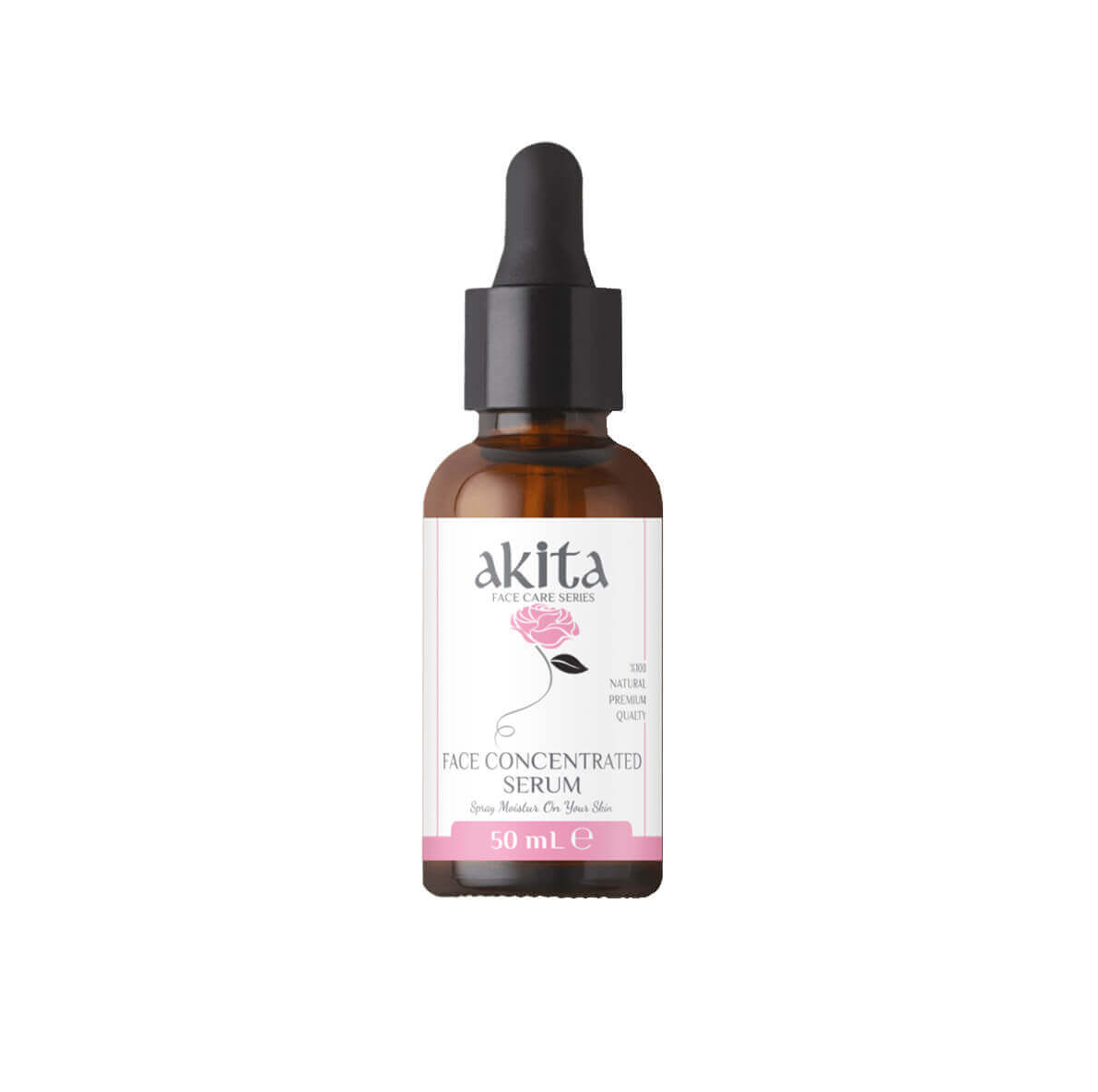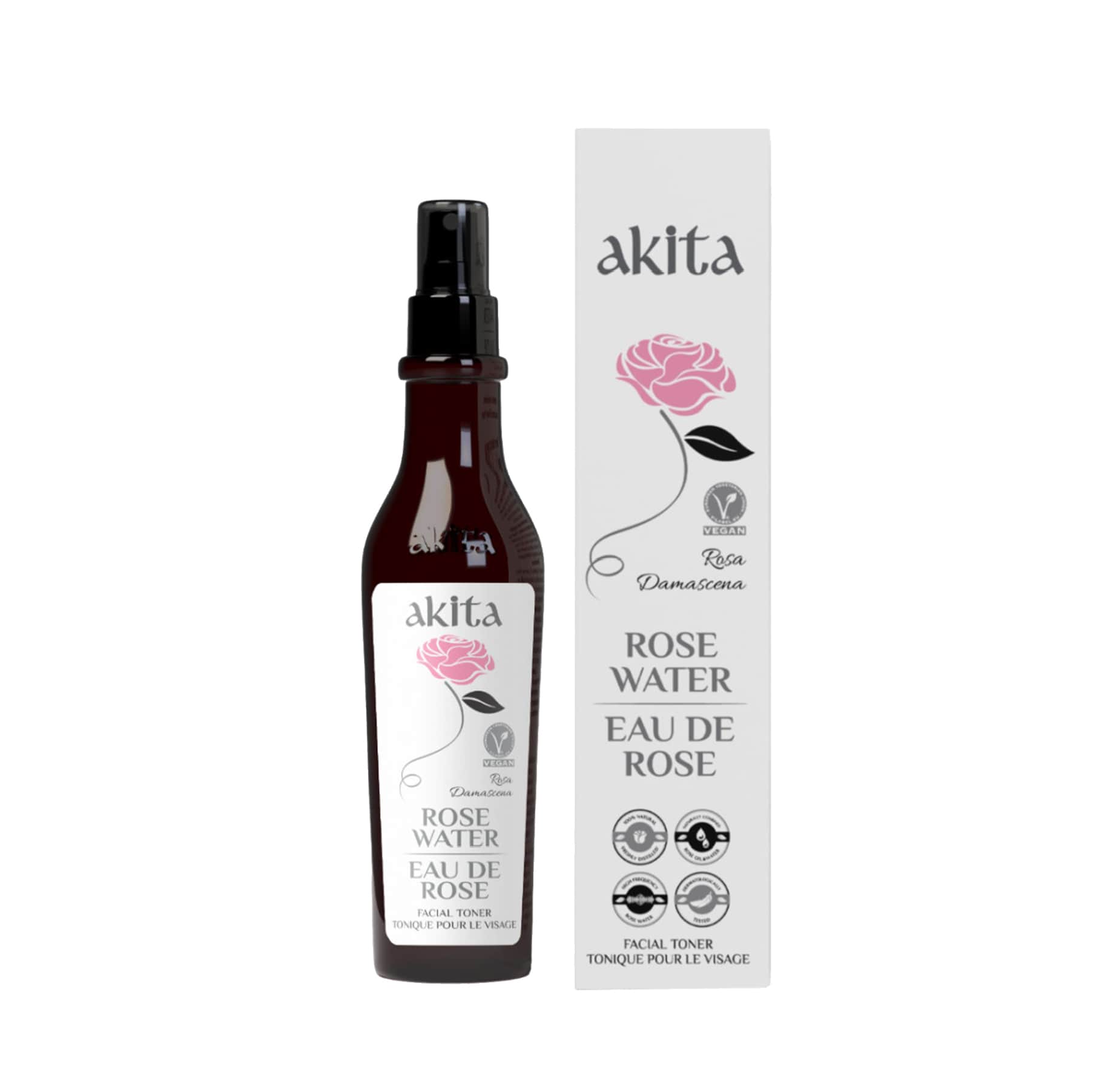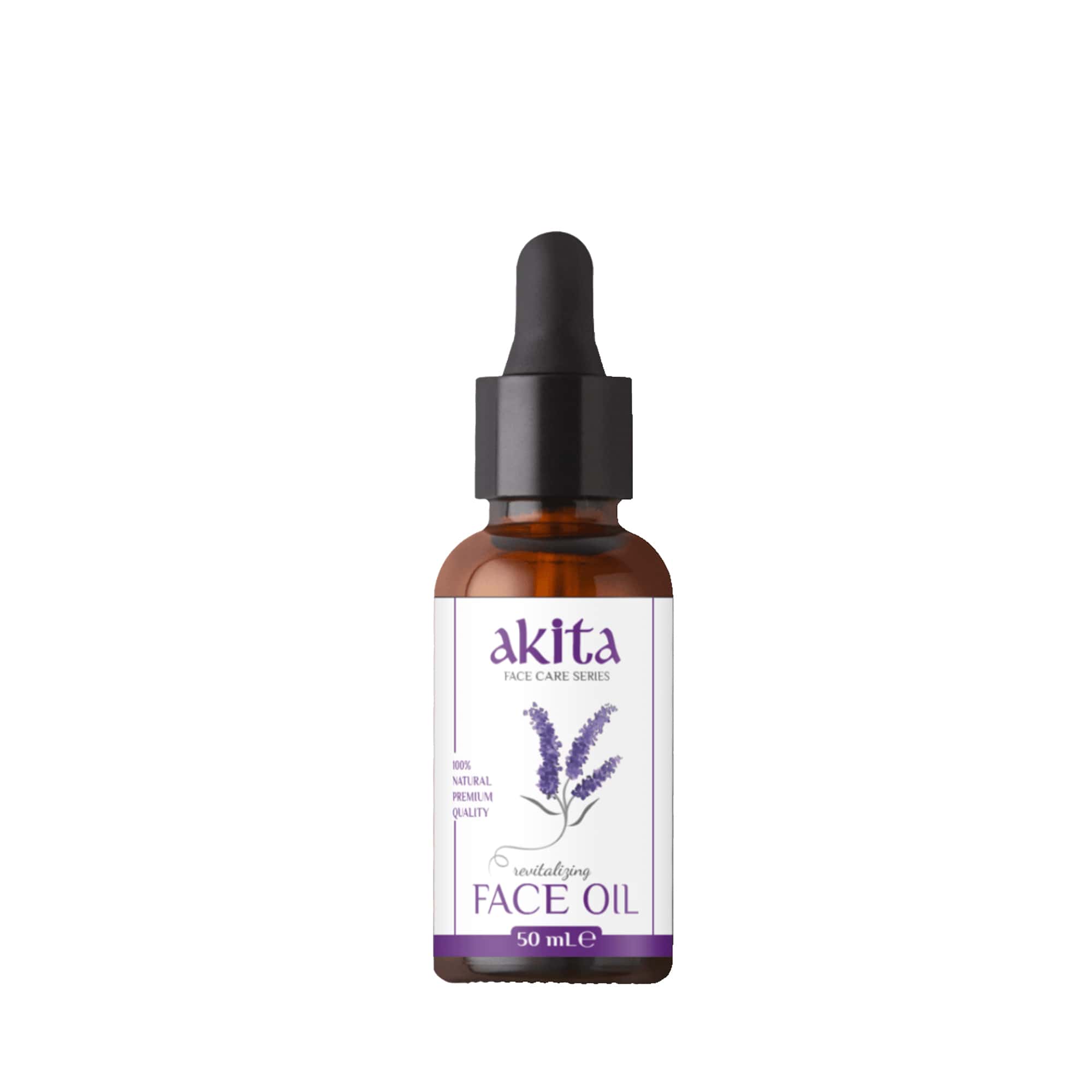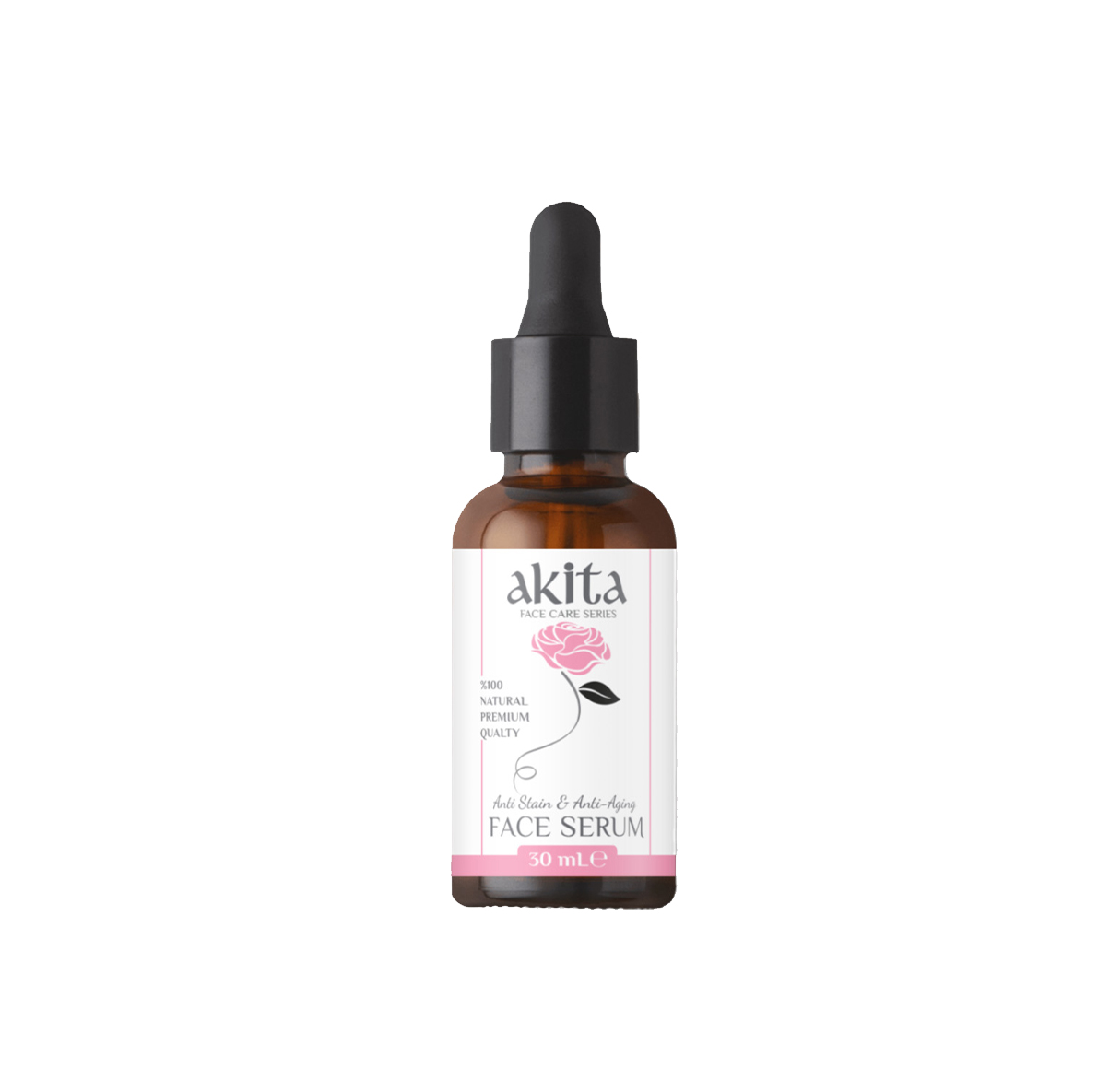FAQs
Frequently Asked Questions |
Questions and Answers About Products
What are the differences between Rose Water and Akita`s Non-Deoiled Rose Water?
Certainly! The key distinction between regular rose water and Akita's Non-Deoiled Rose Water lies in the unique production techniques. Unlike traditional rose water, Akita's version, resembling rose vinegar, contains acetic acid and phenyl ethyl alcohol derived naturally from rose petals. This not only enhances the aroma but also extends shelf life, providing additional benefits such as anti-aging, anti-pigmentation, rejuvenating properties, and anti-wrinkle effects.
Questions and Answer About Quality
What is special about AkitaRoseWater?
Akita's Non-Deoiled Rose Water distinguishes itself through a unique production process. Unlike traditional rose water, Akita's product retains both rose oil and water together naturally, offering a richer fragrance. Additionally, it contains acetic acid and phenyl ethyl alcohol from rose petals, resembling a rose vinegar. This unique composition is claimed to provide a longer shelf life and potential skincare benefits like anti-aging, anti-pigmentation, rejuvenation, and anti-wrinkle properties. Always check product details and consult with professionals for personalized advice.
Is animal testing used for Akita Skin Care products?
No, Akita Skin Care products do not involve animal testing. They are committed to cruelty-free practices, reflecting a stance against testing on animals.
How can I identify ‘real natural cosmetics’?
To identify real natural cosmetics, consider the following tips:
1. Read Ingredient Lists: Genuine natural cosmetics should have a short list of recognizable ingredients. Look for plant-based, organic, or botanical components.
2. Look for Certifications: Check for certifications from reputable organizations, such as USDA Organic, COSMOS, or Ecocert. These certifications often indicate adherence to strict natural and organic standards.
3. Avoid Synthetic Additives: True natural cosmetics should minimize or exclude synthetic fragrances, colors, and preservatives. Instead, they might use essential oils or natural preservatives.
4. Packaging and Marketing: Be cautious of misleading terms like "green," "eco," or "organic" without proper certifications. Genuine natural cosmetics brands are transparent about their ingredients and sourcing.
5. Research Brands: Look into the brand's reputation and values. Brands committed to natural products often have a clear mission statement and provide detailed information about their sourcing and production methods.
6. Educate Yourself: Familiarize yourself with common natural ingredients and their benefits. This knowledge can help you discern between truly natural products and those that might contain more synthetic components.
7. Test Patch: Before using a new product, especially if you have sensitive skin, do a patch test to ensure you don't have adverse reactions.
Favorite Products
Tracking Products




